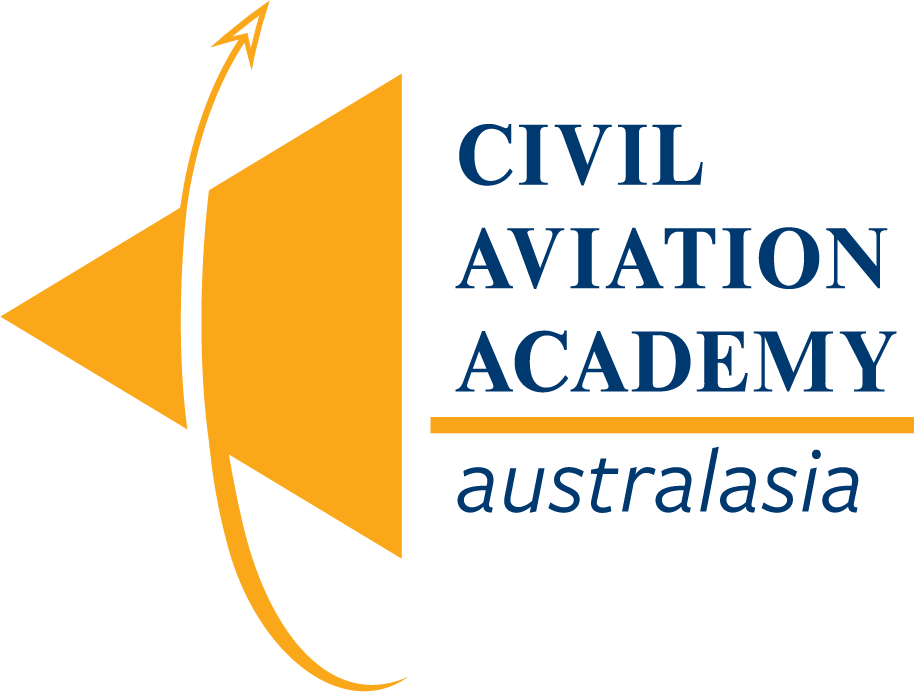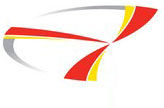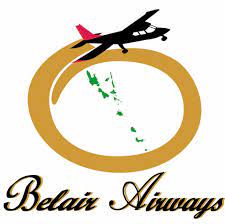- 08 6180 7939
- andy@caaa.com.au
- Mon - Fri: 9:00 - 15:00 (WST Perth)
Crew Resource Management (CRM) /Aviation Decision Making (ADM) Course
Our CRM/ADM course is elastic and follows important and relevant lines of discussion. Topics, activities and discussions are brought in by our facilitators to ensure the course remains dynamic for those attending our classroom tutorial sessions, or those reading on their own through our course material.
The course is not designed to only address cockpit issues and scenarios. The team is the focus and our activities and case studies reflect the complete team, and do not focus only on one professional culture within the organisation.
For our tutorial courses our facilitators will also automatically adjust each course to those attending, as it varies greatly with past experience or no past CRM experience. This ensures that everyone benefits to the greatest extent possible in a mixed class environment.
So what is crew resource management
Since its inception in the late 1970’s, Crew Resource Management (CRM) – the precursor to Aircrew Decision Making (ADM) – has evolved to meet the aviation industry’s changing needs. It has adapted to meet the continuing development of new knowledge and facilitation formats.
The current focus of Non-Technical Skills Training (NTST) is similar to that of the more traditional CRM skills we have discussed for years, but with a different emphasis, and this is what we will investigate in this course of study.
It is the combination of the skills of decision making, communication, teamwork, leadership and situation(al) awareness that results in effective and systemic consultation, participation, supervision and behaviour.
Consultation is the mechanism through which issues are raised, communicated and resolved participatively.
Participation where individuals become engaged in and committed to the process of sharing in the activities of a group through participation.
Supervision – Through supervision, information and instructions are conveyed to individuals and teams to effectively carry out their roles, perform work tasks and adhere to instructions.
Behaviour is an individual’s conformity to agreed safe work practices and reflects the person’s commitment and participation.
An accepted definition (although fairly simplistic) is:
“CRM is the effective use of all resources, hardware, software and liveware to achieve a safe and efficient flight operation.”
Dr. John Lauber, 1984
And another:
The effective use of all available resources by an individual or crew to safely and successfully accomplish a flight operation.
Then what is ADM?
Decision making is the cognitive process of selecting a course of action from among multiple alternatives.
Decision making in an aeronautical environment involves any pertinent decision taken to ensure the safe conduct of a flight.
As mentioned, we have now progressed further to discuss CRM and Human Factors as Non-Technical Skills Training (NTST). The Civil Aviation Safety Authority (CASA) defines NTST as:
“the mental, social, and personal-management abilities that complement the technical skills of workers and contribute to safe and effective performance in complex work systems. They include competencies such as decision-making, workload management, team communication, situation awareness, and stress management.”
To explain further let us consider the following scenario of two sisters and one orange. There are two sisters in a kitchen, both of whom want an orange, but there is only one left.
• What do you expect is the solution?
• How might they compromise?
The most common and perhaps simplest compromise could be that they cut the orange in half, this way each will have half an orange.
That’s what they did. One sister went to the juicer and started to squeeze herself a rather too small orange juice. The other sister, with much difficulty, began to grate the rind off her half an orange to flavour a cake.
Had they discussed needs rather than heading straight to solutions, they could have both had a whole orange.
Win – Win; We want what’s fair for all of us – how to achieve this in our workplaces formulates this course.
Hawkins F (Human Factors in Flight) defines Human Factors: “It is about people in their working and living environments. It is about their relationship with machines and equipment, with procedures and with the environment about them. And it is also about their relationship with other people”.
Correspondence courses (On-line training)
Courses are issued in a variety of formats. Your organisation can elect to either standardise the format for all employees or simply list the format required when placing your order.
The correspondence course includes:
- the full colour course workbook and set of review questions
- facilitator assistance whilst completing the course
- certificate of currency upon completion of the course plus a feedback sheet on the answers to the review questions.
Formats available:
- Via E-mail – Includes a workbook in PDF format and review questions in word format
- Hard copy full colour bound workbook (approx. 100 page and the review questions (course assessment).
The workbook will guide you to answer a series of questions at the end of each section. The review questions are open book and you are prompted to complete the sections of your assessment as you read through the workbook. It takes approximately 6-7 hours to complete the correspondence course. Whilst doing the course, if you have any queries, you can contact us by email or phone and your Facilitator will guide you through your query.
Costs: Correspondence (AUD)
Email $150.00
Hard Copy $180.00 incl. postage and handling
Please note: Organisations may receive a bulk purchase discount for orders of 10 or more at the one time – please contact Andy on
(08) 61807939 or andy@caaa.com.au to discuss further.
Company specific course details
ᅠDuration:ᅠ ᅠ ᅠ ᅠ1 ᅠto 5 day (0900 to 1600) courses are available.
Company specific
Company specific
- 1 to 15 participantsᅠᅠᅠᅠ POA
- 16 to 25 participantsᅠᅠ POA
- all course material including a comprehensive full colour workbook
- course facilitation (including their accommodation and travel expenses as applicable)
- note paper, pens etc on the day of training
- morning tea, afternoon tea and lunch are provided as part of the day
- certificate of currency upon completion of the course.





